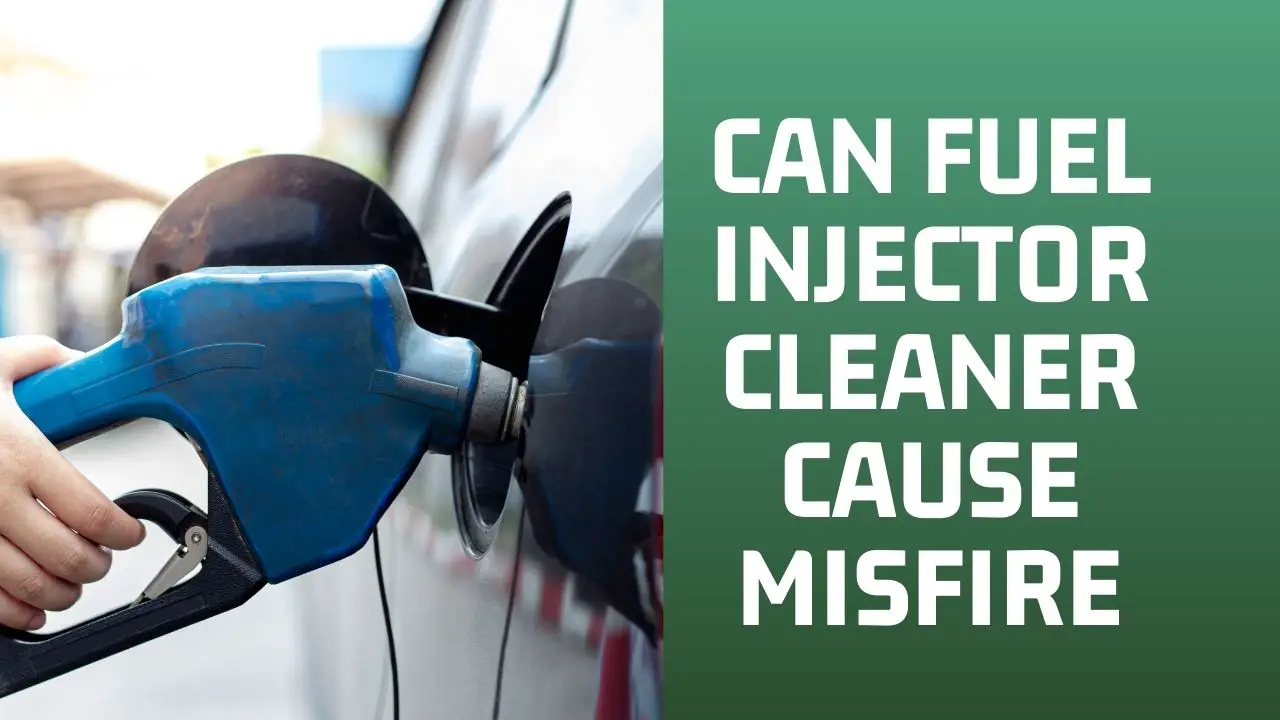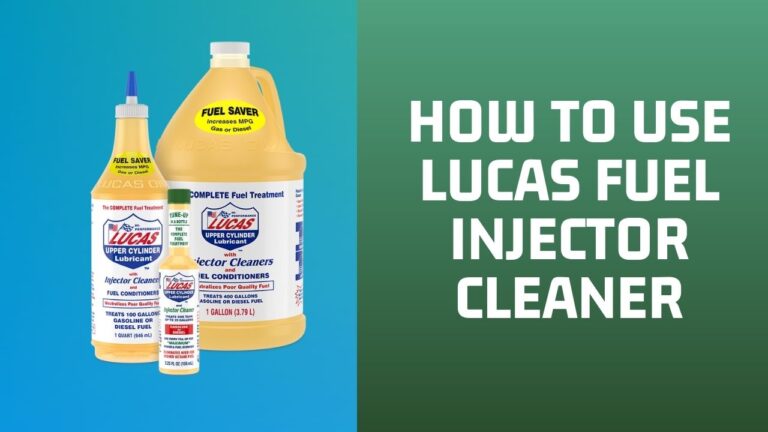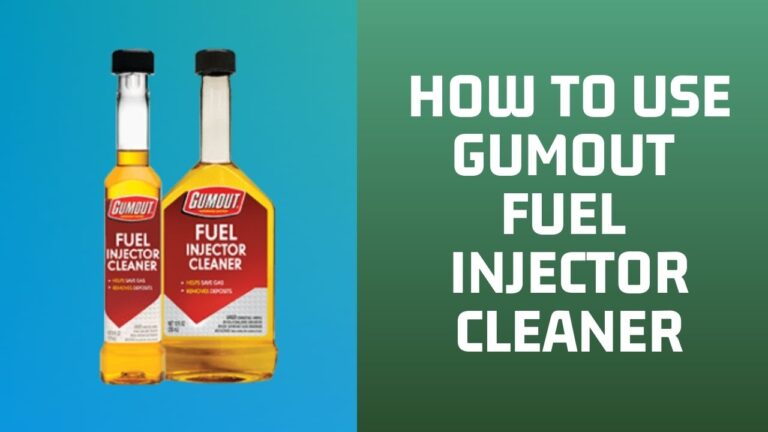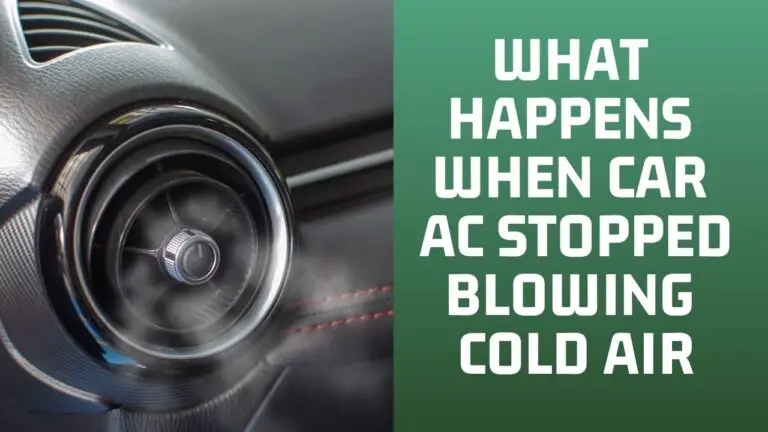A car fuel injector cleaner cannot cause a misfire, however, a clogged fuel injector will most definitely cause a misfire. The good news is that a great fuel injector product can fix this issue!

Moreover, in some cases, using a fuel injector cleaner can potentially lead to a misfire, although it’s not a common occurrence. A misfire occurs when the air-fuel mixture in one or more cylinders of an internal combustion engine fails to ignite properly. While fuel injector cleaners are designed to clean and improve fuel system performance, certain situations can arise that may cause a misfire. Here’s why it might happen and what you can do to prevent or address it:
Possible Causes of Misfire After Using Fuel Injector Cleaner:
- Loosened Deposits: The cleaning action of the fuel injector cleaner might dislodge carbon deposits from the fuel injectors, intake valves, or combustion chambers. If these deposits become dislodged in large chunks, they could potentially block the injector nozzles or interfere with combustion, leading to a misfire.
- Clogged Injector Nozzles: If the cleaner dislodges deposits and those deposits get lodged in the injector nozzles, it could disrupt the fuel spray pattern, causing a misfire.
- Incompatible Cleaner: Using an incompatible or incorrect fuel injector cleaner could lead to poor combustion or other issues that might result in misfires.
Solutions and Precautions to Prevent Misfires:
- Choose the Right Cleaner: Make sure to use a reputable and compatible fuel injector cleaner that is recommended for your specific engine type (gasoline or diesel). Always read the product label and follow the manufacturer’s instructions.
- Follow Instructions Closely: Adhere to the recommended dosage and instructions provided on the product label. Using excessive amounts of cleaner might increase the risk of issues.
- Run the Vehicle: After adding the cleaner to the fuel tank, drive the vehicle to help distribute the cleaner throughout the fuel system. This can prevent the cleaner from concentrating in one area.
- Monitor for Changes: If you notice any unusual symptoms such as rough idling, loss of power, or a check engine light after using a fuel injector cleaner, monitor the situation closely. If the symptoms persist, it’s best to stop using the cleaner and seek professional assistance.
- Consult a Mechanic: If you experience a misfire or other issues after using a fuel injector cleaner, consult a mechanic for a proper diagnosis and solution. They can perform a diagnostic scan and inspect the fuel system to identify and address any issues.
- Regular Maintenance: To prevent the need for aggressive cleaning, perform regular vehicle maintenance, including using high-quality fuels and following the recommended service intervals.
- Use a Fuel Additive Funnel: When adding a fuel injector cleaner, consider using a fuel additive funnel to prevent spillage and ensure accurate pouring.
But it did cause the Misfire; how Can I fix it?
Fix 1: Ensure premium gas is in it (you can add more). That should help in diluting it some more. You might have added much injector cleaner with little gas to make the mixture right.
Fix 2: Change the spark plugs. You should pull one and take a look at it.
Fix 3: Add more fuel (premium) and allow it to dissolve.
Fix 4: Check in the crankshaft position sensor.
ALSO SEE: Can Fuel Injector Cleaner Cause Problems?
Will injector cleaner fix a misfire?
Does your car engine misfire due to an unbalanced air-to-fuel ratio because of clogged fuel injectors? Then, injector cleaners would clean the clogged fuel injectors away and restore the air-to-fuel ratio.
In a situation where your car misfires, here is how you can fix an engine misfiring:
- Almost empty your fuel tank
- Pour in the fuel injector cleaner
- Fill up your fuel tank
- Spend all the fuel
Viola! The problem should be fixed by now!
Summary
It’s important to note that while misfires after using fuel injector cleaner are possible, they are not very common. Most of the time, properly using a reputable and compatible cleaner according to the instructions will result in improved fuel system performance without any negative effects. However, if you do experience issues, it’s best to address them promptly to prevent further damage to your engine.







